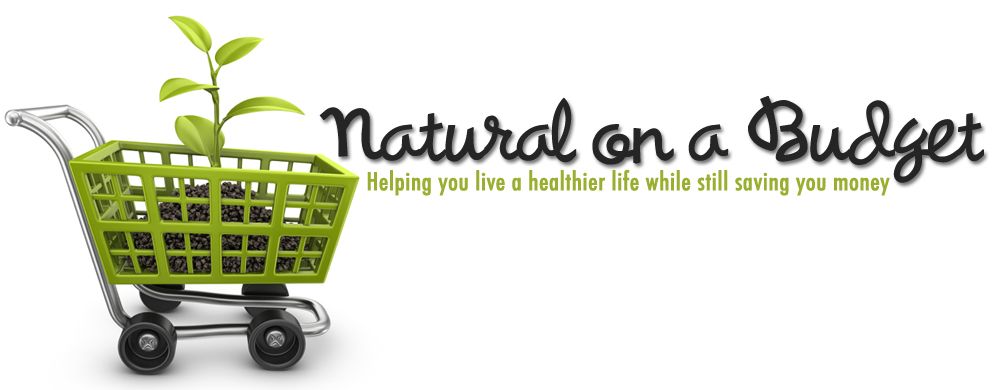 Picture and post by Laurie Wernly
Picture and post by Laurie WernlyThis is story of my life right now: working full time (and part time on weekends) and trying to pay off a pretty huge sum of debt. My husband and I have paid over $15,000 in the past year. We don't want to make minimum payments and stay in debt our whole life. We want to pay off the rest within another year. To do this we have had to get a little crazy.
I want to share with you a few practical ways we have been saving money so we can get out of debt fast! But before I get to specifics, I want to explain that pinching pennies is not my highest goal. My over-arching goal is to honor God by living responsibly, sustainably, and ethically. To use one example, much of the coffee in our stores is sold cheaply at the expense of poor farmers who work essentially as slaves in South America and Africa. When we buy dirt cheap coffee we are perpetuating a host of injustices. I want to spend as little as possible, but I don't want to cut corners by buying products whose low price is built on the back of another human being's suffering and poverty.
So my husband and I are trying to learn the stories behind our purchases. We are watching documentaries environment, the food system, and Walmart. Reading books about farming and how animals are turned into food. I want to live in a way that doesn't treat people, animals, and resources as disposable, as cheap and easy ways for me to get what I want with as little cost or effort as possible. Sometimes this means spending a little more on certain products, but we make up for it by buying less stuff overall.
So here are some ways that we save money (and try to live simply and sustainably!):
1. Buy less meat. We keep our grocery budget low by not buying meat (my husband likes lunch meat for lunches, so I buy that for him even though I am convinced that the meat industry in our country is really bad). This also helps the environment, but that’s a topic for another day!
2. Eat beans and other legumes for protein. This is a corollary of the above! Beans, lentils, and chickpeas are packed with protein, fiber, and B vitamins. The best and cheapest way to use beans is to buy them dry (in bulk if possible) and soak them overnight before cooking. Whole Foods and other health food stores sell legumes and grains in bulk, which makes them so much cheaper (and uses less packaging!) than at regular grocery stores.
3. Try quinoa and tempeh. Quinoa (pronounced keen-wah) is a South American seed that is packed with protein and fiber and actually has an almost perfect balance of all 8 amino acids needed by the body. Tempeh is a type of fermented soy product native to Indonesia and contains a ton of protein and fiber. The fermentation process provides healthy probiotics to the digestive system. I like to crumble it, sauté it, and add it to meatless spaghetti sauce to add protein and texture to a very inexpensive meal.
3. Eat eggs for protein. Find local eggs from a farmer you can trust, if possible. I know for most people this may not be possible. So-called "free range" hens are still packed tightly inside, with a tiny door that may open for 15 minutes per day. Chickens technically have access to the outdoors but aren't pecking around a farm-yard! We make scrambled egg and salsa burritos, quiche, fried rice, and other egg dishes for dinner.
4. Buy less junk food. We save money by drinking mainly water and avoid the empty calories (and plastic waste) of sodas, juice drinks, etc. By eating real and healthful food we stay full longer and need junk food less.
5. Be content with having less. Read this blog about a girl who dropped out of college and moved to Africa to take care of orphans. Reading some of these stories has really put my perceived needs into perspective. Right now I really, really want to buy just one Yankee Candle that smells like fall. It would cost about $10. But I'm not going to buy one. A friend of mine just bought these amazing BCBG boots at a discount store for $60. A great price for some sweet boots. But I am not going to buy a pair. I drive a 1992 Toyota Corolla and my winter coat is a hand-me-down from my best friend from circa the late-nineties. But I have food and clean water, access to health care, and a roof over my head. Compared to most people in the world I live like a queen. Cultivate thankfulness for what you have and just don't buy new things! The lattes and candles and lipsticks add up!
6. Be content with doing less. We basically don't go out to eat. We don't go to movies or concerts. This one is hard. Our friends go out to eat every Sunday after church. We never go. We go home and eat beans and rice. But we have people over to play cards, we play frisbee, and have cook-outs and enjoy socializing in ways that don't cost an arm and a leg. For our first wedding anniversary we made a pizza at our home and gave each other handmade gifts.
7. Get a job on the side. I work full time and baby-sit or do catering jobs on the weekend. It really, really stinks. It is not fun. But it is fun seeing our debt slide off faster and knowing that we are this much closer to being debt-free.
8. Re-think beauty. This one is hard. I used to buy this great hair stuff from Aveda to give my poor, plain hair some volume. Not necessary. Most make-up I have found is not necessary. The natural look is so in, anyway! I actually have given up commercial shampoo and conditioner. I now use liquid castile soap, apple cider vinegar, and warm oil to wash and condition my hair. This routine is SO inexpensive, works great, uses less plastic, and results in less chemicals down the drain. You can still look beautiful without spending a ton of money!
9. Re-think clean. I think for cleaning house you might be able to do everything with some Basic H and white vinegar. A 16 oz bottle of Basic H2 creates 48 gallons of cleaning solution. It costs about $12. And it’s biodegradable. Less products in your closet, less plastic, less money, less harmful junk down the drains.
10. Re-use. We used my old twin bed as our living room sofa for almost a year (until a friend gave us an old love seat for free). We got a coffee table, chairs, and shelves for free. This also goes for smaller items-- I wash and re-use ziplock bags, and we save spaghetti sauce jars to drink out of. Re-using items (from plastic bags to sofas) slows the rate at which we deplete resources and fill landfills!
Getting out of debt takes some really big steps (like selling a car or working two jobs) but mostly it is a slow process. This process isn't flashy, and it requires daily sacrifice. Eating beans and rice again. Not buying new shoes. Not going out to eat with our friends. But I think we are becoming better people in the process-- more patient, more joyful, less materialistic. Caring less what other people think and caring more for the world. I can't wait to get out of debt, but I think that once we are debt free I will continue to live much the same way.






Thanks for this. My husband and I have been debt free and no credit for 10yrs. This year has been hard though and the idea of credit and some debt it tempting. It's easy to forget how hard debt can be to get out of. I think i'll keep working on building up those savings ;-)
ReplyDeleteYour philosophy is so similar to mine!
ReplyDeleteI touched on it when I wrote about buying eggs:
http://www.milehimama.com/2010/08/30/have-you-really-heard-about-the-egg-recall/
Healthy natural foods are so much more than just a price tag. It's not healthy to eat foods that were bought by the blood or slavery of another person. We have a tiny budget - $600-$700 a month for 10+ people, but I won't buy certain things unless I know I can get it morally. It's a social justice issue, too.
I love this post. Thanks for putting it out there
ReplyDeleteYou have some great ideas, but I think it is a shame to sacrifice time with friends after church to go home and eat alone. Community is at the heart of the church, and it is one of those parts of the early Church that is hard for us to replicate in modern times...so take every chance you can get to build those relationships! You could try inviting those folks over for lunch or going to a less expensive restaurant and splitting a meal or appetizer(then just eat something else when you get home).
ReplyDelete